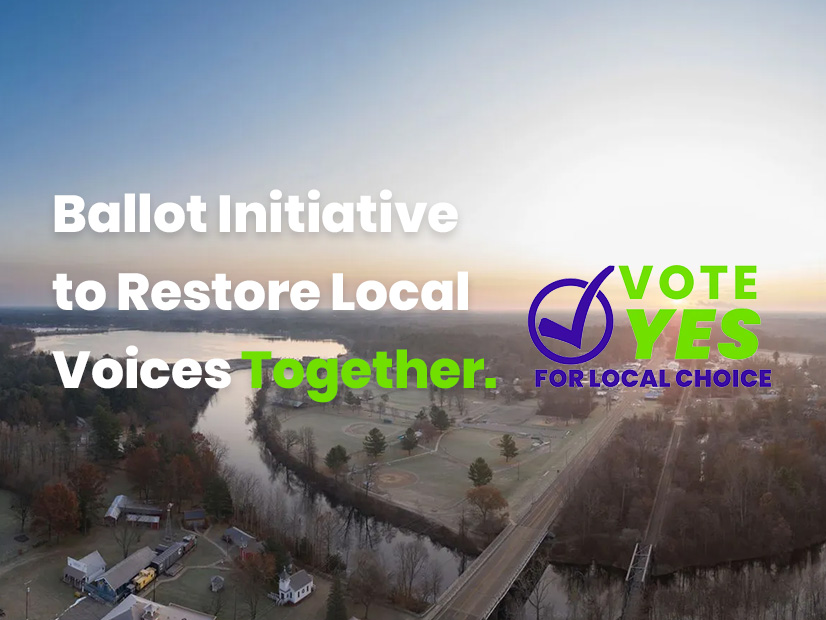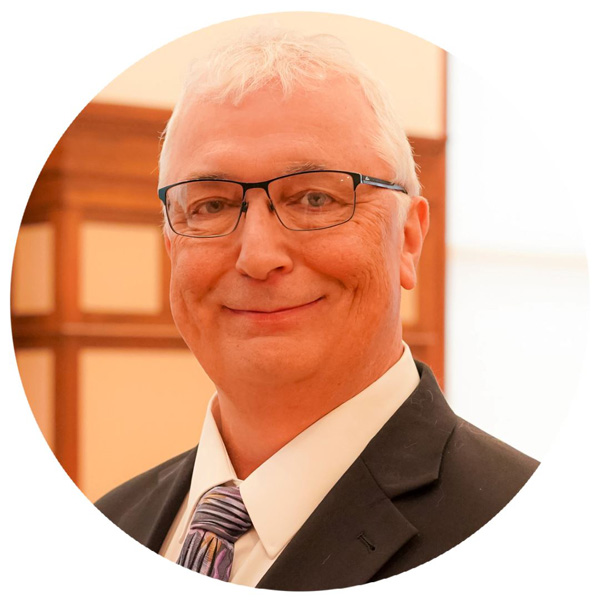LANSING, Mich. — A fight pitting local governments and agricultural interests against environmental and renewable energy advocates over siting of solar and wind energy projects in Michigan is revving up in earnest ahead of a May petition deadline.
A group called Citizens for Local Choice has sent out thousands of petitions in hopes of overturning a 2023 law shifting siting authority from local governments to the Public Service Commission.
Democrats who backed the law said it is a critical step towards Michigan achieving net-zero-carbon status by 2040. It was enacted after numerous local governments, primarily in rural areas, blocked new renewable energy projects by making zoning changes.
Under Michigan’s Constitution, the Legislature may enact the proposal in the initiated petition, and if it does, Gov. Gretchen Whitmer (D) could not veto the measure.
If the Legislature does not enact the proposal — as is likely — it automatically goes before the voters in the next general election. With both the Michigan House and Senate under Democratic control, no one anticipates lawmakers passing a proposed law overturning a law they just passed. (Whitmer Signs Climate Bills, Including 100% ‘Clean Energy’ Goal.)
Supporters need signatures from 356,958 registered voters — 8% of all the votes cast for governor in the 2022 election — by May 29.
The Michigan Farm Bureau was the first large organization to endorse the proposal, despite supporters’ contention that the new law gives greater protection to farmers who want to either sell or invite projects onto their land.
Also endorsing the proposal is the Michigan Township Association, which represents the more than 1,200 townships in the state, most of which are rural.
However, the Michigan Municipal League — representing cities and villages in the state — and the Michigan Association of Counties have not weighed in on the proposal. Nor have any large local governments.
On Feb. 23, several environmental, alternative energy and public health groups announced their opposition to the petition.
John Freeman, with the Great Lakes Renewable Energy Association, said giving the PSC siting authority will allow local farmers to realize a second income source by putting renewable energy projects on less productive land.
Laura Sherman, with the Michigan Energy Innovation Business Council, said a solar project on one acre can power 80 houses, and just 90 minutes of wind driving a wind turbine could power a house for one month.
But local control, which has traditionally been a politically popular position in Michigan, may now have the upper hand as petition-gatherers get out in the field — at least according to a poll cited by the townships’ association.
The poll — conducted by Lansing-based Marketing Resource Group (which has often done polling for Republican and conservative groups) of 600 people in October — showed 87% of those asked believed local governments should have oversight on renewable energy projects within their borders. Majorities supported that position no matter the respondent’s political beliefs.
Kevon Martis, a Lenawee County commissioner who is one of the leaders of Citizens for Local Choice, said the group is a successor to Our Home, Our Voice, a group that sought to block the law.
In an interview with NetZero Insider, Martis said the group is not opposed to renewable energy but believes state regulators will not enforce noise and setback restrictions sufficient to protect local communities.
“The focus of Citizens for Local Choice has nothing to do with whether or not one likes renewables,” he said. “I have townships in my county who have been open to solar development on farm ground, others have not. That should be decided locally. Same thing with wind energy: We have counties that host a lot of wind development, others are not happy with it and chose not to.”
Although the group’s literature says their work is “paid for by regulated funds,” Martis said the group’s funding has come from individual donations and the Farm Bureau with none from either DTE Energy or CMS Energy. Spokespeople for the utilities confirmed they are not backing the effort.
“When it says paid for by regulated funds, that means that the funds are all part of the campaign and the donations are disclosed,” Martis said.




